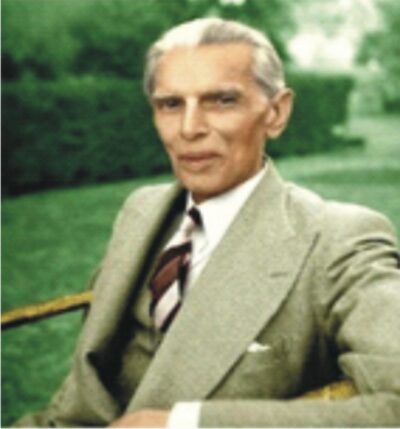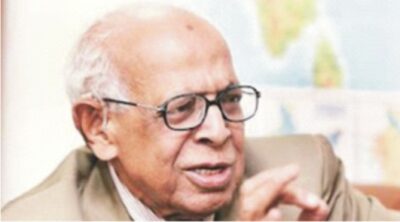![]()
In “Jinnah, Shahabuddin & Owaisi: Tackling Muslim Issues in India,” Syed Ali Mujtaba provides a comprehensive examination of the political strategies and challenges faced by Muslim leaders in India over the past century. The book delves into the evolving dynamics of Muslim identity and political power in a democracy, starting with the early 20th century.
Historical Context and Key Figures

The narrative begins with Mohammad Ali Jinnah, the prominent leader who foresaw the difficulties Muslims would face in a democratic India dominated by a Hindu majority. Jinnah’s efforts to secure Muslim interests through political negotiations and his eventual push for a separate nation are detailed meticulously.
Post-Independence Leadership

The book transitions to Syed Shahabuddin’s era, an Indian diplomat turned politician who confronted issues like Muslim personal law and the Babri Masjid controversy. Shahabuddin’s faith in constitutional and judicial solutions, despite the rise of communal tensions, is critically analyzed, showing how his efforts sometimes exacerbated communal divides rather than bridging them.
Contemporary Politics

In the modern context, the book highlights Asaduddin Owaisi’s confrontational and protest-driven politics. Owaisi’s push for Muslim political empowerment amidst resurgent Hindu nationalism is scrutinized, questioning its effectiveness and potential outcomes.
Challenges and Recommendations
Mujtaba emphasizes the ongoing struggles of Muslims in contemporary India, suggesting a recalibration of political strategies. He advocates for grassroots political engagement and educational advancement as means to achieve better representation and social justice within the democratic framework.
“Jinnah, Shahabuddin & Owaisi: Tackling Muslim Issues in India” is a significant contribution to understanding the complex socio-political landscape of Indian Muslims. It calls for a strategic, democratic response to the challenges faced by the community, aiming to inspire a future where Muslims can thrive with dignity and equality.

COMMENTS